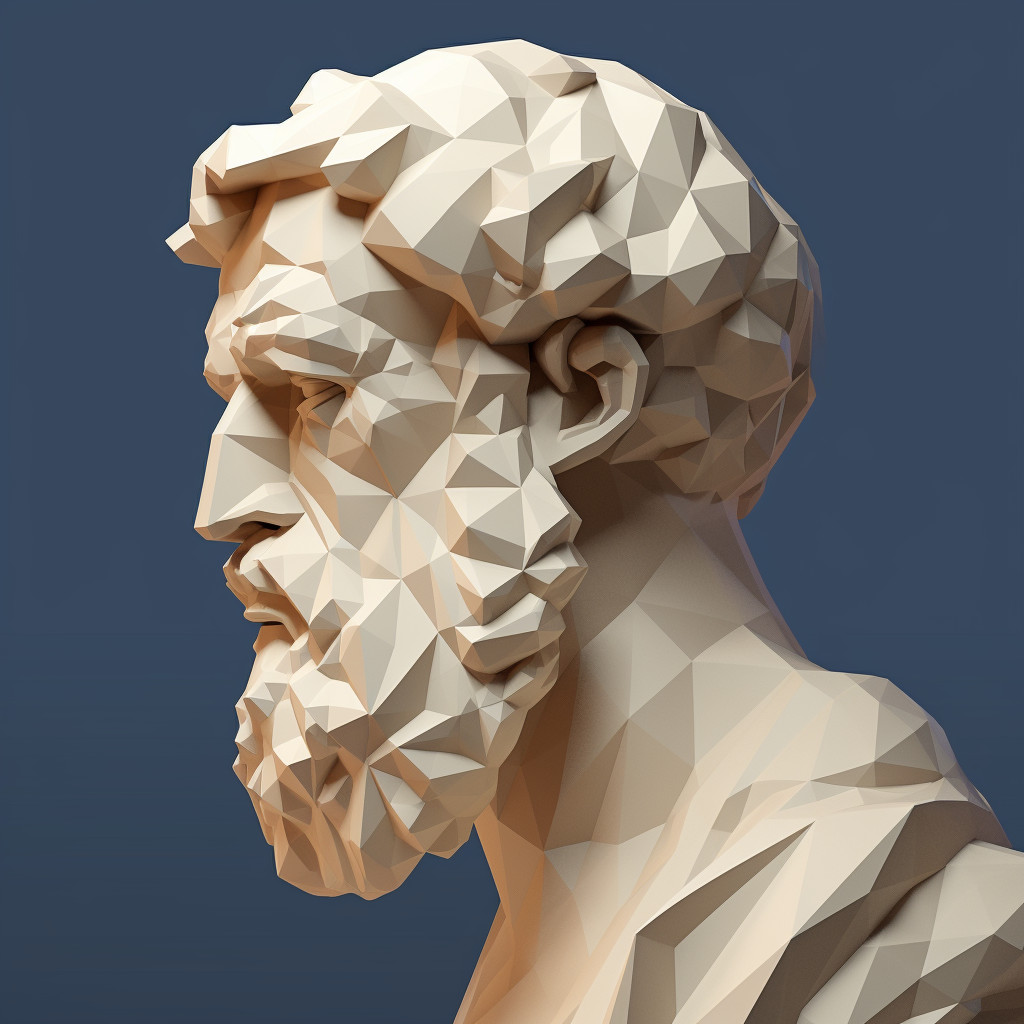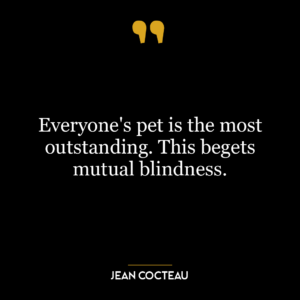This quote essentially encapsulates two fundamental ideas: the inherent social nature of humans and the natural origin of the state.
Firstly, when Aristotle says “man is by nature a political animal,” he refers to the innate social tendencies of humans. Unlike other species that may live largely in isolation, humans naturally gravitate towards forming communities and societies. The term ‘political’ does not necessarily refer to politics as we understand it today, but rather to the Greek word ‘polis’, which means city or community. Thus, humans are ‘political animals’ in the sense that they naturally form and function within communities.
Secondly, the quote suggests that the state, or the organized political entity that governs these communities, is a natural outcome of this process. It is not something artificially imposed from the outside, but rather a creation born out of human nature and the need for order, structure, and laws within these communities.
In today’s world, this idea can be seen in various forms of governance and social organization, from democracies to dictatorships. Despite the differences in these systems, they all stem from the basic human need for communal living and social order. This perspective can help us understand why certain forms of government arise in different contexts, based on the specific needs and nature of their societies.
On a personal level, this idea can be applied to understand our own behavior in social settings. We often seek out groups and communities that share our values and interests, and we naturally tend to organize and structure these groups in a way that promotes harmony and mutual benefit. Understanding this can help us navigate our social interactions more effectively, and can also guide us in creating and managing teams, organizations, or any other form of social group.










